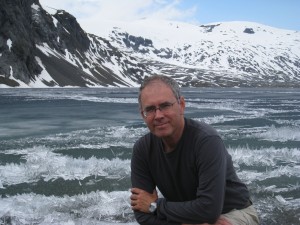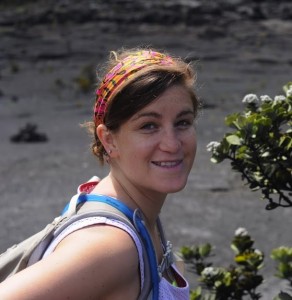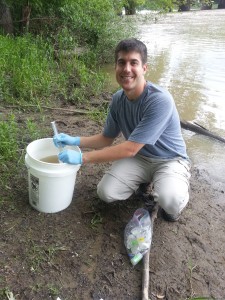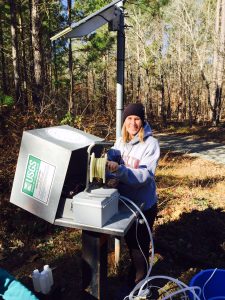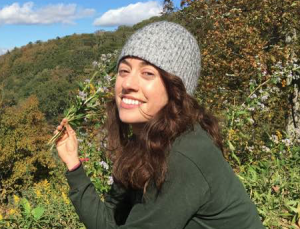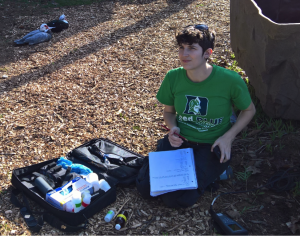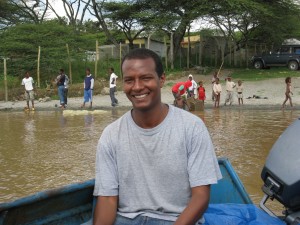Faculty
Avner Vengosh is a Distinguished Professor of Environmental Quality at Duke University. He is currently the Chair of the Division of Earth and Climate Sciences at the Nicholas School of the Environment. Professor Vengosh and his team have studied the energy-water nexus, conducting pioneer research on the impact of hydraulic fracturing and coal ash disposal on the quantity and quality of water resources in the U.S. and China. He has also investigated the sources and mechanisms of water contamination in numerous countries across the globe. Currently, his team is engaged in studying phosphate rocks and fertilizers impact on the environment, as well the environmental effects of lithium mining and other critical raw materials. He is a Fellow of the Geological Society of America (GSA) and International Association of Geochemistry (IAGC). In 2019, 2020 and 2021 he was recognized as one of the Web of Science Highly Cited Researchers. He serves as an Editor of GeoHealth and on the editorial board of Environmental Science and Technology. He has published 177 scientific papers in leading international journals. His recent cross-disciplinary book “Water Quality Impacts of the Energy-Water Nexus” (Cambridge University Press, 2022) provides an integrated assessment of the different scientific and policy tools around the energy-water nexus.
For communications: vengosh@duke.edu
Current Graduate Students
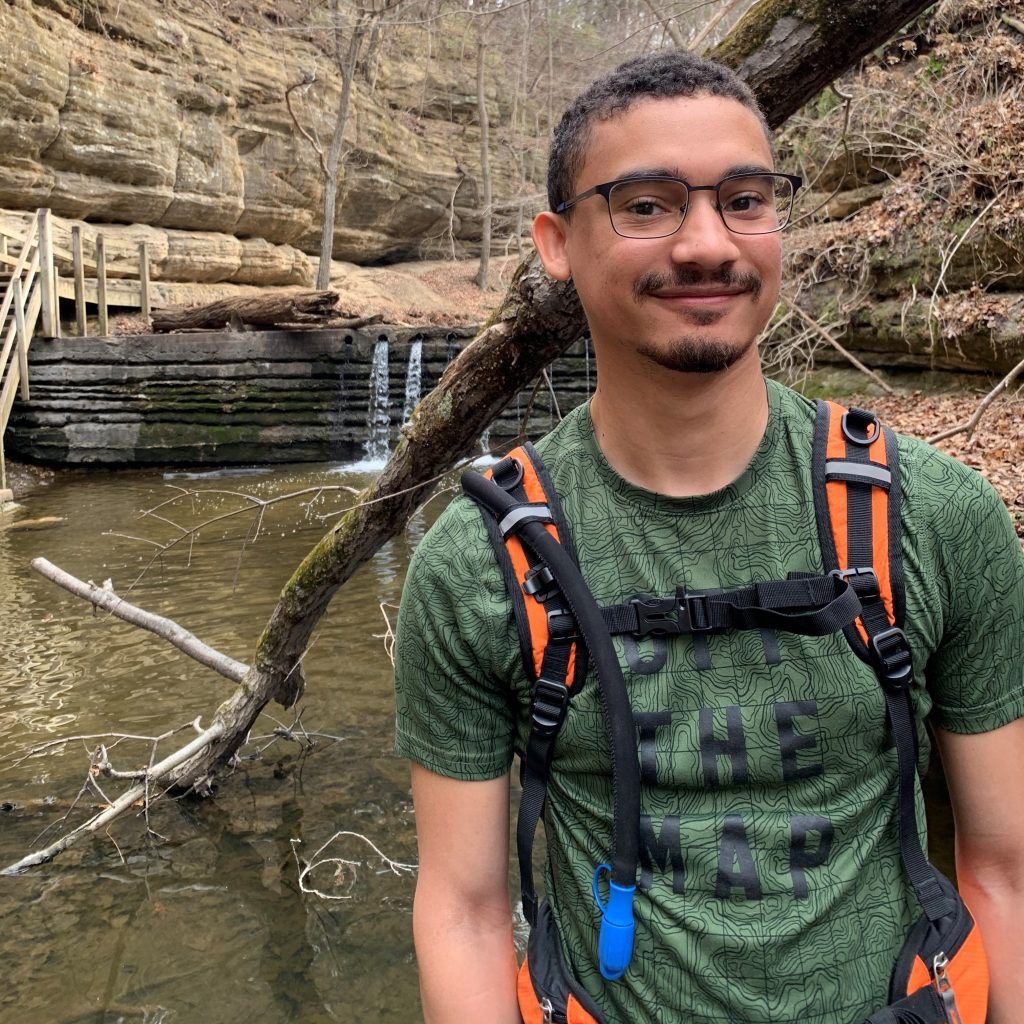
Robert Hill (2021 – ) Robert is interested in the diverse applications of isotope geochemistry. He received his undergraduate degree from the University of Illinois at Urbana-Champaign where he double-majored in geology and earth, society, & environmental sustainability. While at Illinois, he used isotope geochemistry to characterize coal ash leachate and to investigate the extent of environmental impact of coal ash ponds in Illinois. Post-undergrad, he worked as an environmental geologist for SCST before joining the Vengosh Lab at Duke University. His current research focuses on the isotope geochemistry of phosphate rocks and fertilizers, for reconstructing paleo-ocean conditions of phosphate rock formation and as potential tracers of trace metals associated with fertilizer application. Robert.Hill@duke.edu
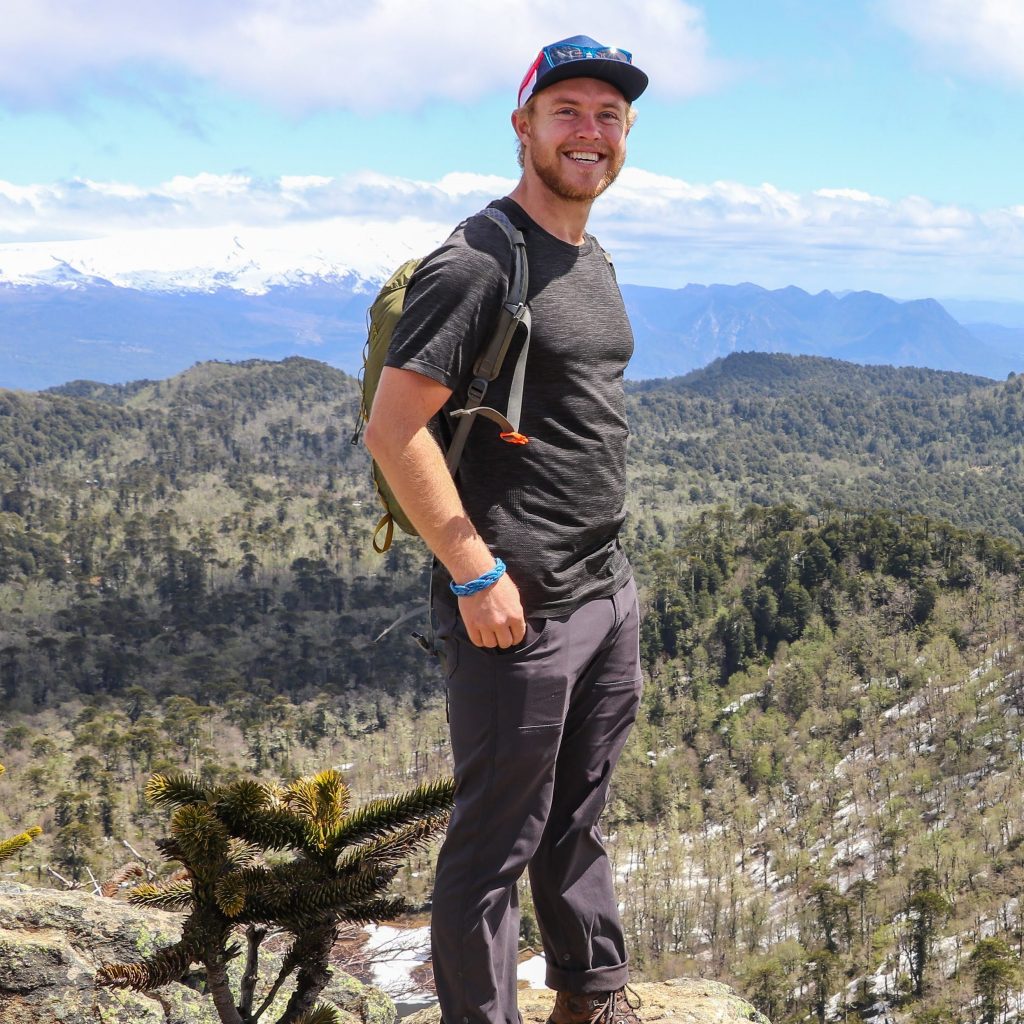
Gordon Williams (2020 – ) Gordon received his undergraduate degree in Earth Science focusing on geohydrology from the University of California, Santa Barbara. While at UCSB he developed a passion for geochemistry and the diverse applications of isotopes. Post graduation he worked in a rock physics lab at Stanford investigating the chemistry and structure of Roman marine concrete. At Duke, he merges his interests in geochemistry with those of water quality and applies this to investigating the potential environmental impacts of lithium mining. His current research looks at the trace metals associated with lithium mining and deposits and uses isotopes to fingerprint the origin of these metals in natural waters. gordon.williams@duke.edu
Current Undergraduate Students
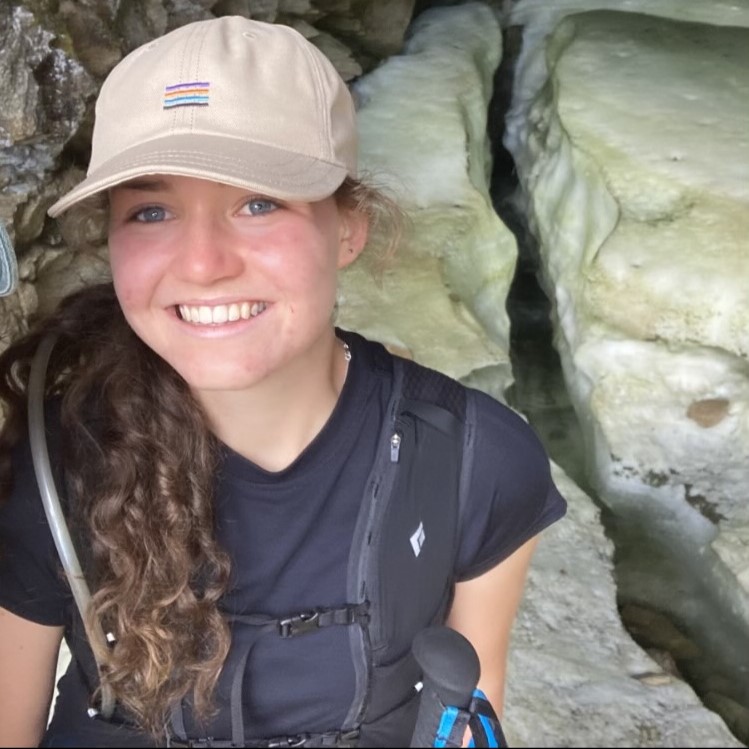
Grace Hall (2023 – ) Grace is an undergraduate student (class of 2025) with a major in Earth and Climate Sciences and a minor in Chemistry. She is interested in mineralogy and environmental chemistry and is currently working on a thesis project evaluating the potential of environmental contaminants associated with mining of critical raw materials ores and associated tailings materials.
Current Researchers and Visiting Students
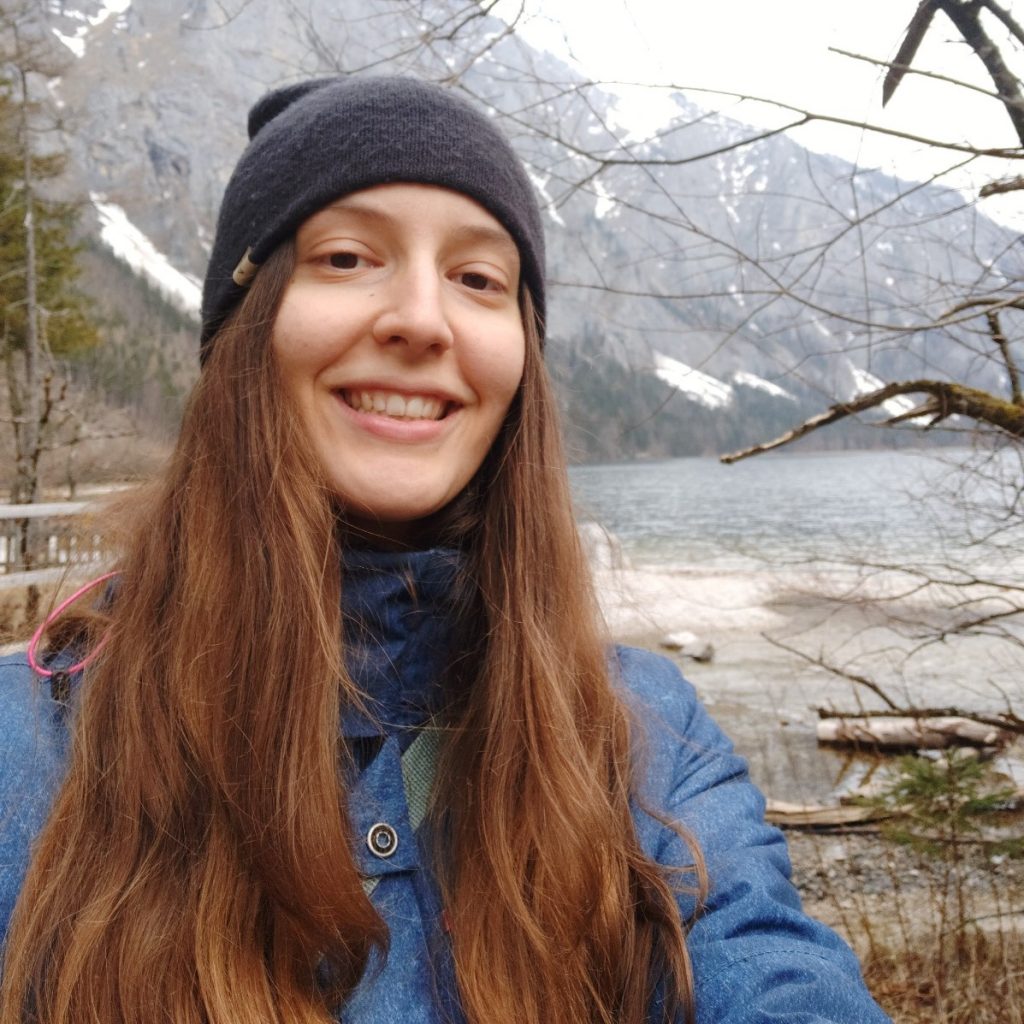
Marija Petrović (2023-). Marija is a Fulbright scholar and visiting PhD student from Ruđer Bošković Institute, Croatia. She received her bachelor’s and master’s degree in Environmental Sciences from University of Zagreb, Croatia focusing on leaching of trace elements from coal ash. For her master’s studies, she received an Outstanding student award. She was an Erasmus exchange student at Lancaster University (UK) where she researched different deployment methods for monitoring phosphate in rivers. Her current research focuses are (1) physiochemical, mineralogical, and organic matter changes of coal ash deposits during natural weathering; and (2) tracing environmental impact of coal ash using isotope geochemistry in natural waters, with latter being conducted at the Vengosh Lab.
Former Graduate Students
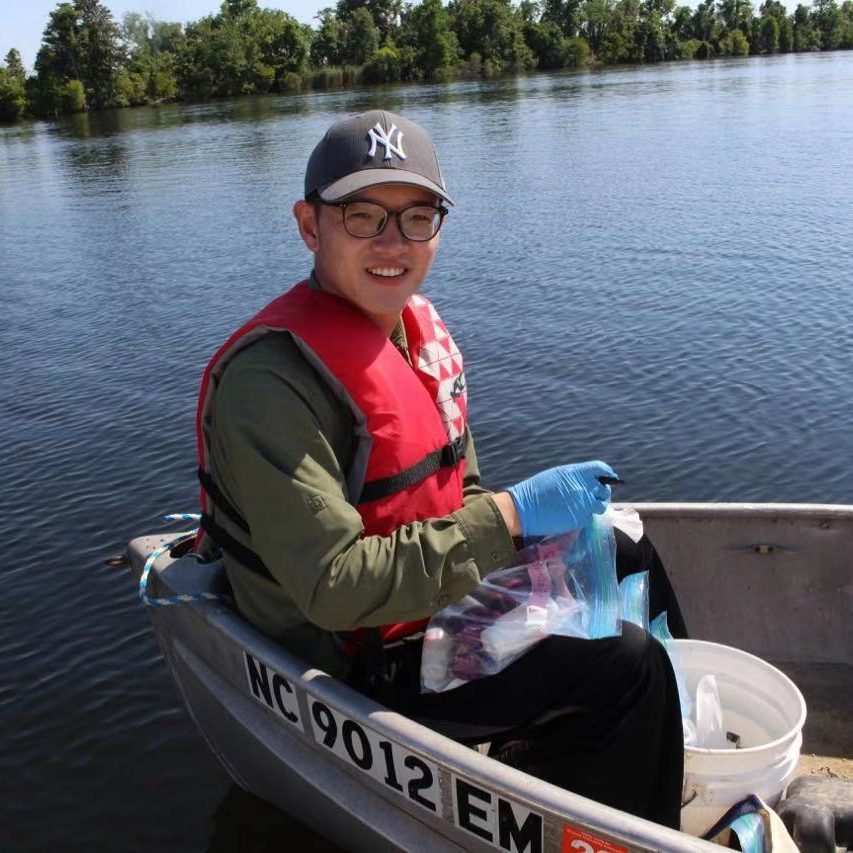
Tracing Anthropogenic Metal(loid) Contaminants in the Environment Using Geochemical, Radiogenic, and Radioactive Isotopic Tools. Currently: Postdoctoral Researcher at Monash University
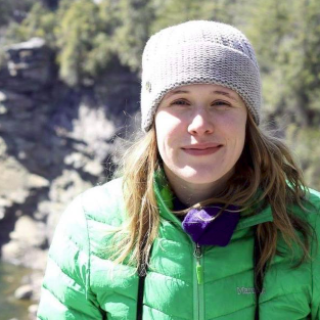
Factors affecting the Occurrence of Redox-Sensitive Elements in Groundwater Systems. Currently: Assistant Professor at New Mexico Tech

The Water-Energy Nexus of Hydraulic Fracturing. Currently: Research Environmental Scientist at RTI International
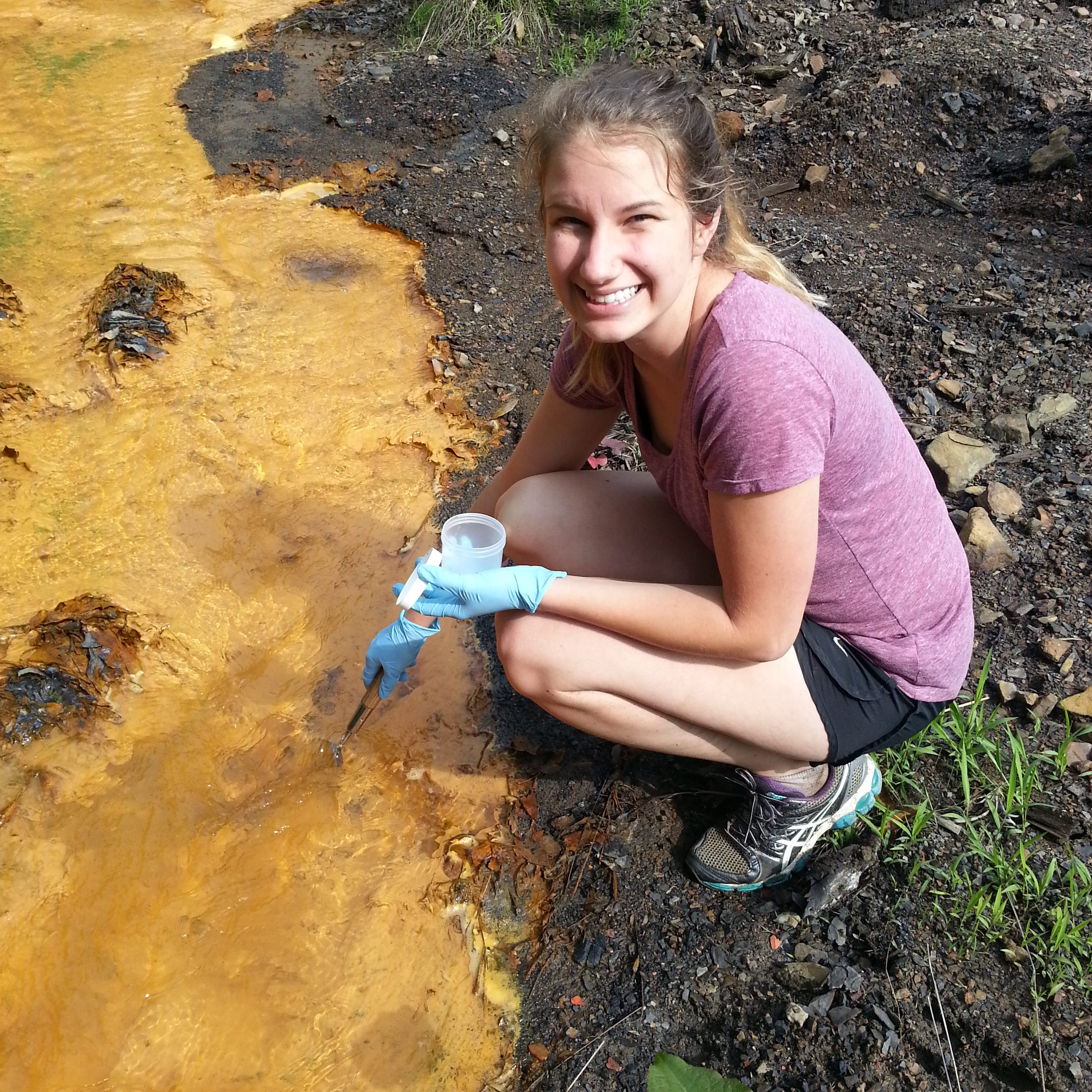
Radioactivity of Fossil Fuel Waste Products and Associated Environmental Implications. Currently: Scientist at the Duke Environmental Law and Policy Clinic
- Jennie Harkness (PhD, 2013-2017) Identifying water contamination from fossil fuel development using geochemical and isotopic fingerprints. Currently: Hydrologist at USGS CA Water Science Center
- Brittany Rose Merola (PhD, 2010-2014) Biomarkers of Exposure: Arsenic Concentrations in Keratin in Populations Exposed to Arsenic in Drinking Water. Currently: Hydrologist at USGS NJ
- Nathaniel Warner (PhD, 2009-2013) Tracing hydraulic fracturing fluids and formation brines using boron, radium, and strontium isotopes. Currently: Associate Professor, Penn State University
- Laura Ruhl (PhD, 2008-2012) The geochemistry and isotopic characterization of coal ash and its impact on the environment. Currently: Hydrogeology Section Chief at USGS AR Lower Mississippi-Gulf Water Science Center; Formerly: Associate Professor, University of Arkansas at Little Rock
- Hadas Raanan (PhD, 2005-2011). Radium isotope geochemistry as a tracer for groundwater-surface water interaction. Currently: Researcher at Mekorot LTD. Israel
- David Vinson (PhD, 2005-2011). The impact of salinity and water chemistry on radium mobilization in groundwater systems. Currently: Associate Professor, University of North Carolina in Charlotte
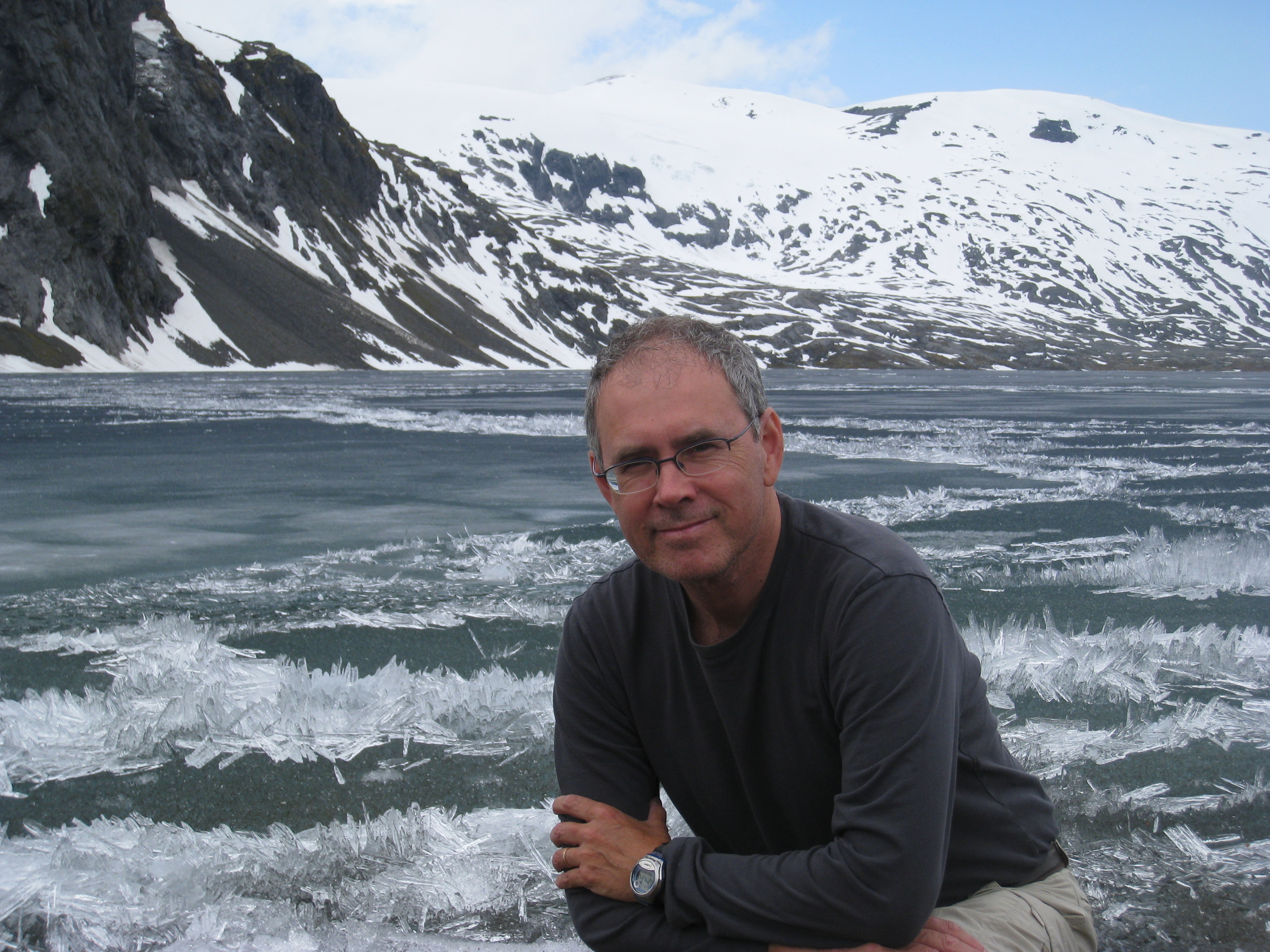
Avner Vengosh

Jennie Harkness (jennifer.harkness@duke.edu)

Nancy Lauer (nancy.lauer@duke.edu)

Andrew (AJ) Kondash ( andrew.kondash@duke.edu)

Rachel Coyte (rmcoyte@gmail.com)
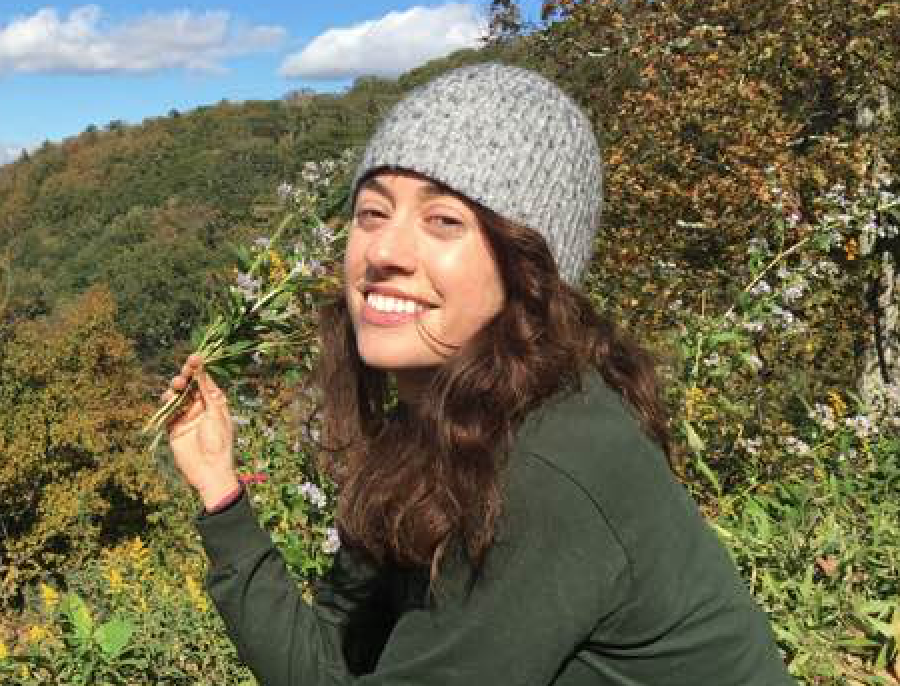
Megan Nicholas-Harper
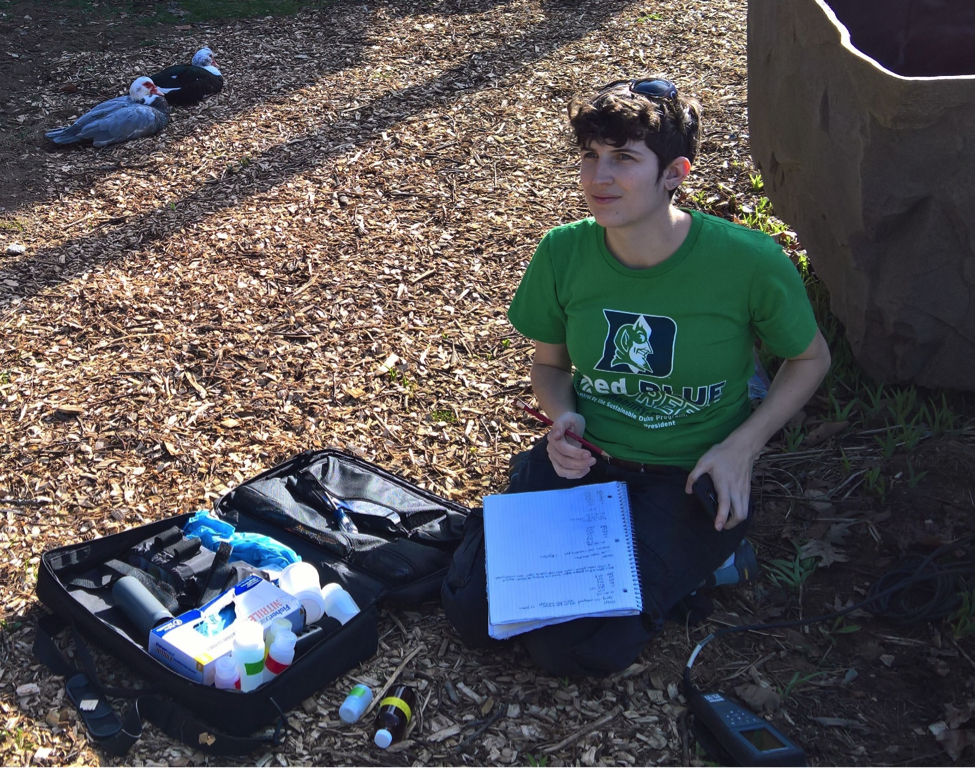
Kristen McKinley



